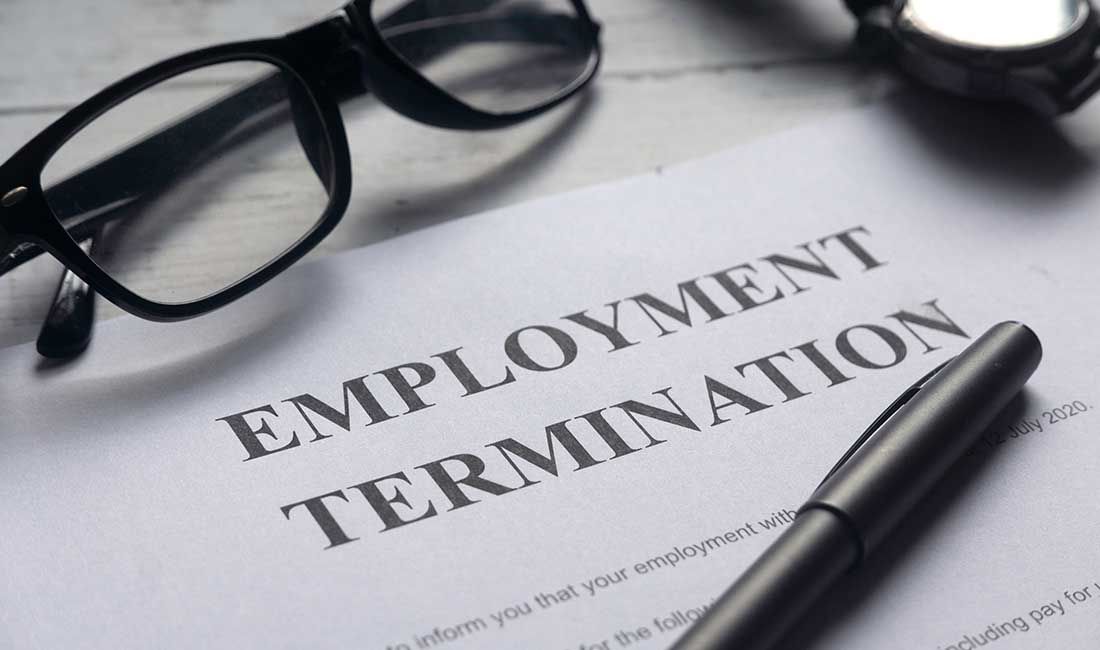Can You Be Sacked Without a Warning?

| W.E.U Admin | Workplace Wellbeing
TAGS: Dismissal
When an employee is “sacked” or “fired”, their contract is terminated by the employer.
When Can You Be Dismissed Without a Warning?
Employees with less than two years’ qualifying service can be sacked without a warning, subject to the following exceptions:
Exceptions
- If the employer’s disciplinary policy is contractually binding (for example, set out in a staff handbook) and the employer does not follow their own process, the employee may have a claim for breach of contract.
- If the dismissal is discriminatory—arising from a protected characteristic—the employee can bring a claim within the Tribunal time limit (three months less one day). See our article on being sacked without a warning for more details.
- If the dismissal arises from making a protected disclosure (whistleblowing), an unfair dismissal claim can be brought regardless of length of service.
- If the employee raised health and safety concerns, they may bring an unfair dismissal claim.
- If the employee enforces a statutory right (for example, national minimum wage), they can claim unfair dismissal.
- If the employee participates in a trade union and is dismissed for that reason, they can bring a claim for unfair dismissal.
Being sacked without a warning in these scenarios does not mean you can be dismissed without notice. You are still entitled to:
- Notice payments (or payment in lieu of notice).
- Salary up to your termination date.
- Payment for accrued but untaken holiday.
When Can’t You Be Sacked Without a Warning?
Employees with two or more years’ qualifying service can only be dismissed in line with the statutory provisions under the Employment Rights Act 1996. There are five potentially fair reasons for dismissal:
- Conduct
- Capability
- Redundancy
- Some other substantial reason
- Illegality
If an employer dismisses for an unfair reason or fails to follow the correct procedure, the employee may have a claim for unfair dismissal. Employees with less than two years’ service generally cannot bring ordinary unfair dismissal claims, except in the exceptional circumstances listed above.
Exception: Gross Misconduct
An employee may be summarily dismissed (without notice) for gross misconduct, regardless of length of service. Examples typically include:
- Criminal conduct
- Fraud
- Assault in the workplace
- Serious breach of health and safety rules
If an employer dismisses for gross misconduct but cannot prove it occurred, the employee may bring a wrongful dismissal claim for failure to pay notice.
Protect Your Employment Rights: Join a Trade Union
It pays to be represented by an independent trade union that will defend your employment rights. Join Now
workersofengland.co.uk | Independent Workers Trade Union
This Article is Tagged under:
Dismissal
Share Article
Most Popular Articles
Related Information Items
-

Winter Sun and Worker Wellbeing: Why Light, Rest and Recovery Matter Pt.1
| W.E.U Admin | Workplace Wellbeing

















